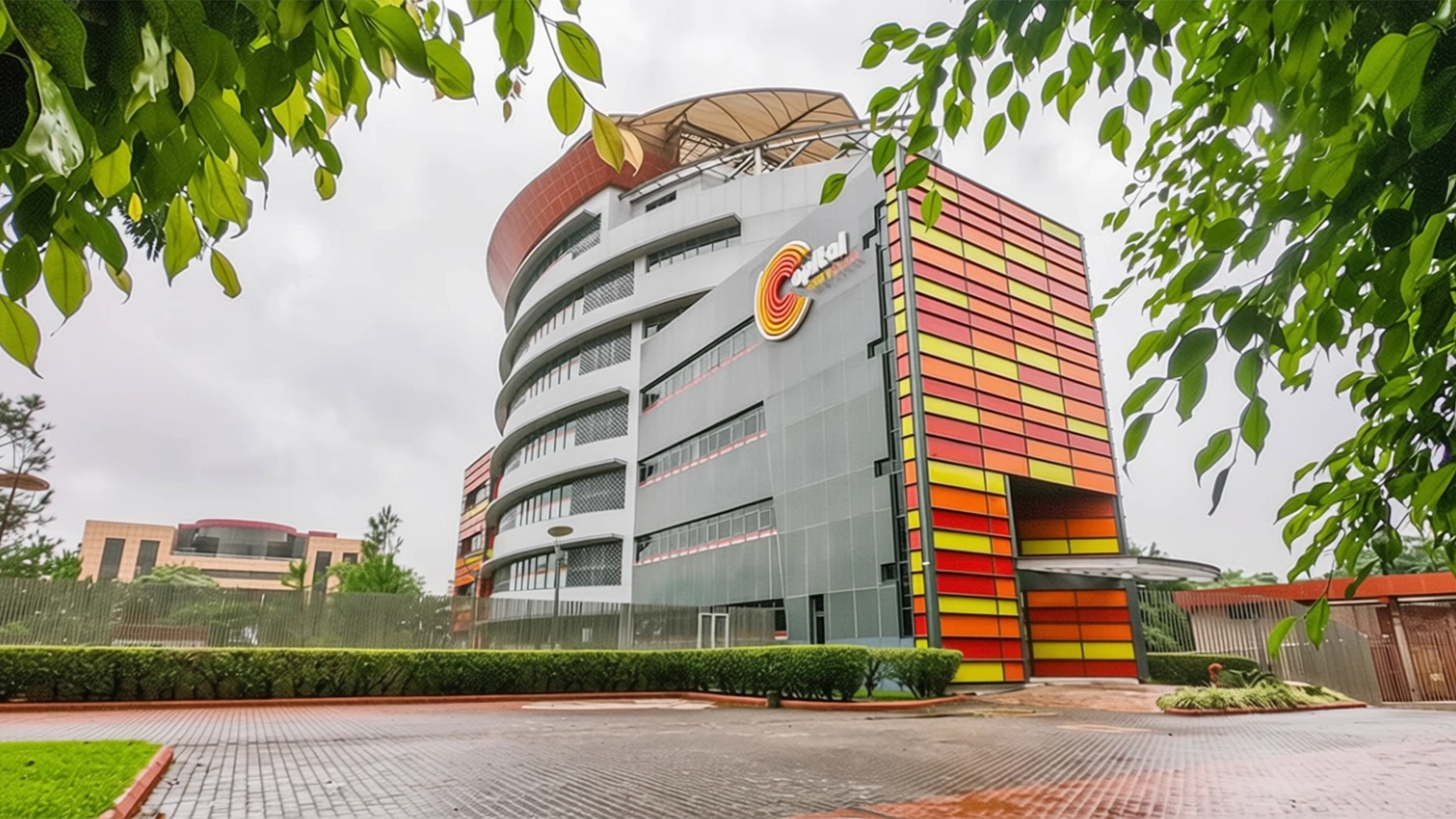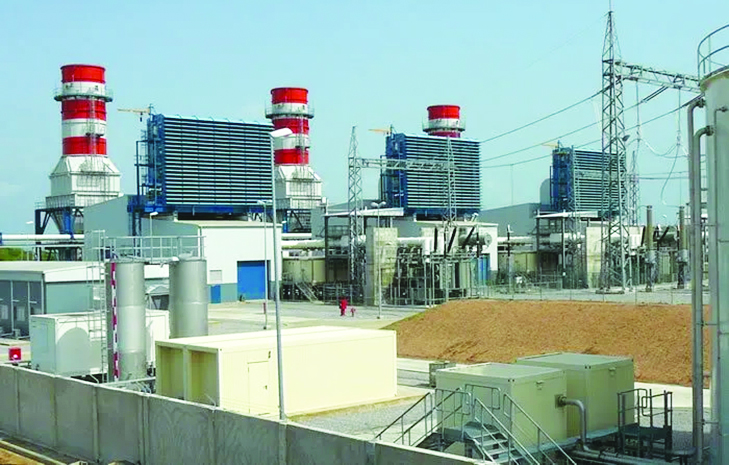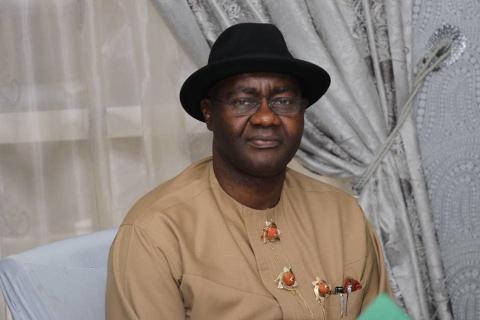ActionAid Nigeria has condemned the federal government’s plan to implement a five per cent surcharge on fossil fuel, warning that the policy will further widen the inequality gap in the country.
While acknowledging the need for innovative revenue generation strategies to increase government earnings, as well as efforts to promote a shift toward greener energy alternatives, the organisation cautioned against policies that disproportionately impact the poor, deepen inequality, and further constrain small businesses without providing adequate cushioning or transparency on utilisation.
They recalled that the removal of the fuel subsidy in 2023, coupled with the floating of the naira, triggered one of the most devastating waves of inflation, and many Nigerians are still recovering from that economic shock. They warned that the introduction of a five per cent surcharge by 2026 risks worsening an already dire situation for millions of citizens, especially low-income earners, women, youth, farmers, smallholder entrepreneurs, and informal sector workers.
The Country Director, Dr. Andrew Mamedu, in a press statement on Thursday, noted that “although the law excludes clean or renewable products such as household kerosene, cooking gas (LPG), and compressed natural gas (CNG), the exclusion does not reflect the energy realities of the average Nigerian.”
He pointed out that most small and medium-sized enterprises (SMEs) still rely heavily on petrol and diesel to power their operations due to inadequate electricity supply and a lack of affordable alternatives. Similarly, many Nigerians still depend on fuel-powered transportation systems.
He warned that a five per cent surcharge will raise the pump price of fuel, which will directly cause higher transportation costs, creating a ripple effect across the entire economy—from increased food prices due to costlier logistics to the costs of education, healthcare, and housing—while urban and poor rural communities will face the greatest impact of these cascading effects.
ActionAid Nigeria further expressed concern over the lack of clarity regarding how the funds generated from the surcharge will be managed or used to address the economic realities of the masses, stating that past experiences like the Petroleum Trust Fund (PTF) have demonstrated that without strong accountability mechanisms, such funds can be easily mismanaged or diverted.
They said, “Without a robust and transparent accountability framework, such surcharges risk becoming additional burdens on the people rather than solutions to development financing. It also opens the door for corrupt officials to divert public funds for personal gain, thereby eroding trust in governance and further marginalising the very citizens the policy claims to support.”
Dr. Mamedu stated that in countries where similar surcharges exist, governments offer viable alternatives, but in Nigeria, these options are either unavailable or inaccessible. He argued that imposing this surcharge in a country without functioning clean energy alternatives or affordable transport systems is unjust and disconnected from the real experiences of ordinary Nigerians.
Mentioning that although the President rightly acknowledged the need to stabilise the economy, he stated that stability must begin at the micro level and, if macroeconomic indicators are indeed improving, the impact must first be felt by ordinary Nigerians before the introduction of new taxes or surcharges.
He said, “If the government is truly committed to transitioning Nigerians to cleaner energy, then significant investment and infrastructure must come first. Currently, it takes days for operators to fill CNG vehicles due to limited infrastructure. There are also steep import duties on clean energy equipment. Removing these bottlenecks should precede any attempt to penalise Nigerians for using traditional fuel sources.”
ActionAid Nigeria, however, called for the Immediate suspension of the proposed five per cent surcharge, saying any form of surcharge must be contingent on the availability, accessibility, and affordability of viable energy alternatives.
They called on the government to prioritise broad-based consultations before implementing such significant fiscal policies, saying that decisions affecting millions of Nigerians should not be taken in isolation or limited to technocratic circles.
They said that if the government’s goal was to transition Nigeria towards cleaner energy, then the enabling environment must be established first, including bold investments in clean and renewable energy infrastructure, such as increasing the number and capacity of CNG refilling stations, solar grids, and off-grid renewable systems.
They said “Should the surcharge policy proceed in the future, it must be accompanied by a robust and transparent accountability framework. All funds generated must be used for public-good projects such as improving public transportation, subsidising clean energy for low-income households, and expanding renewable energy access in underserved communities.”
They recommended that the funds be monitored by independent oversight bodies with strong citizen participation to ensure transparency and prevent misuse.






